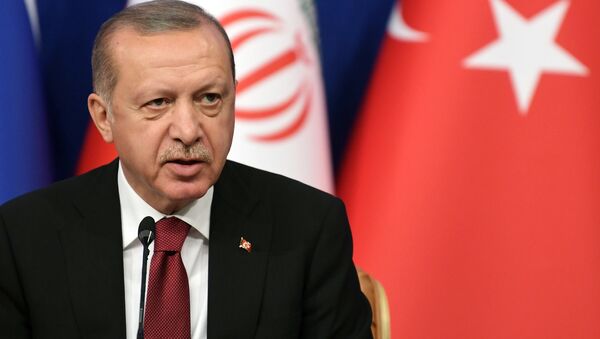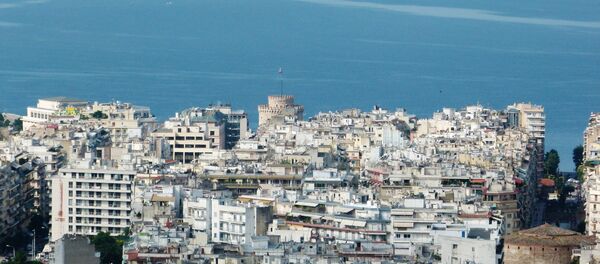The eight servicemen fled to Greece on a helicopter after the failed coup aimed to topple Erdogan in July 2016. Ankara has asked for these Turkish nationals to be extradited, however, Athens has denied extradition citing concerns that the servicemen would not face a fair trial in Turkey.
"We expect Greece not to become a country that accepts FETO [the movement of Islamic cleric Fethullah Gulen, which Ankara refers to as the Fethullah Terrorist Organization] terrorists. We look forward to more cooperation with Greece on these issues. And this is expected by the relatives of those killed by the actions of the putschists, who are hiding in Greece. We again raised the issue of their extradition during the negotiations," Erdogan said.
Greek Prime Minister also said that he and Turkish President agreed to defuse tensions and establish confidence-building measures in the Aegean region.
"We could work together to create a new strategy for the European-Turkish cooperation, bring forward our economic and energy cooperation and promote a dialogue between the defence and foreign ministries to reduce tension… In this positive manner, we agreed today to return to negotiations between defence and foreign ministries to ease tensions and promote confidence-building measures," Tsipras said while broadcast by Greece's ERT.
READ MORE: Athens Interested in TurkStream Pipeline Extension to Greece — Senior Diplomat
The meeting was held on Tuesday in the framework of Tsipras' two-day visit to Ankara and Istanbul on February 5-6.
The island of Cyprus has been de facto divided into the Republic of Cyprus and the unrecognized Turkish Republic of Northern Cyprus since the 1970s, when Turkey sent its troops to the island in response to an attempted coup by the Greek military. As a result, Ankara occupied nearly 40 percent of the country's territory, where the Turkish Republic of Northern Cyprus was proclaimed in 1983. Turkey remains the only country in the world that recognizes the republic as a sovereign state.




